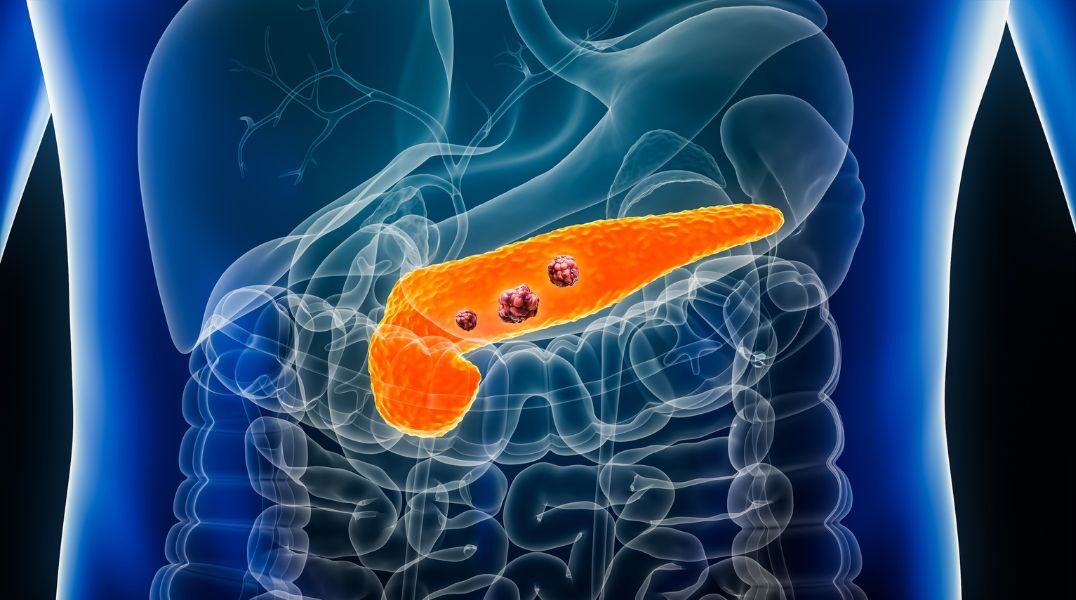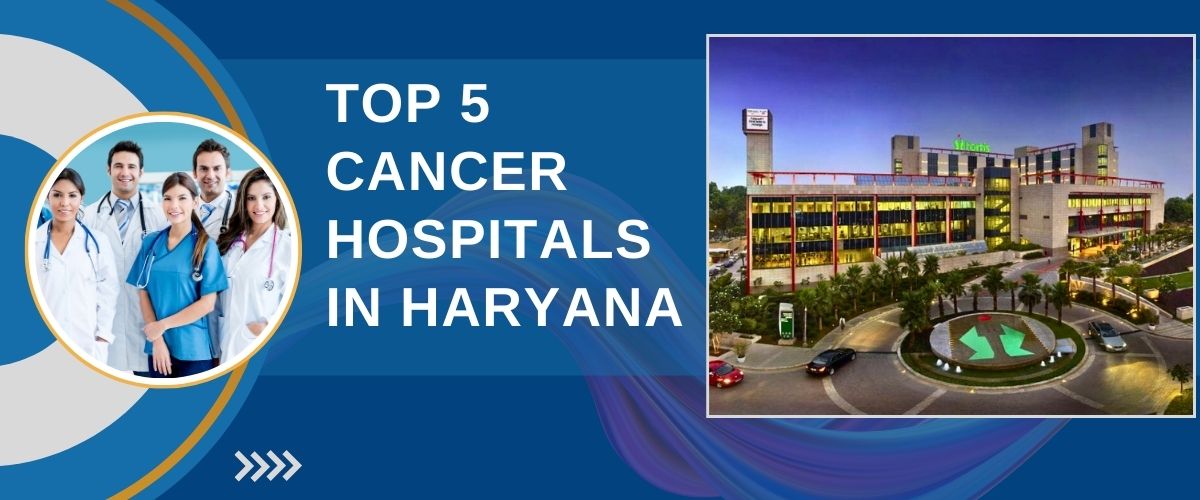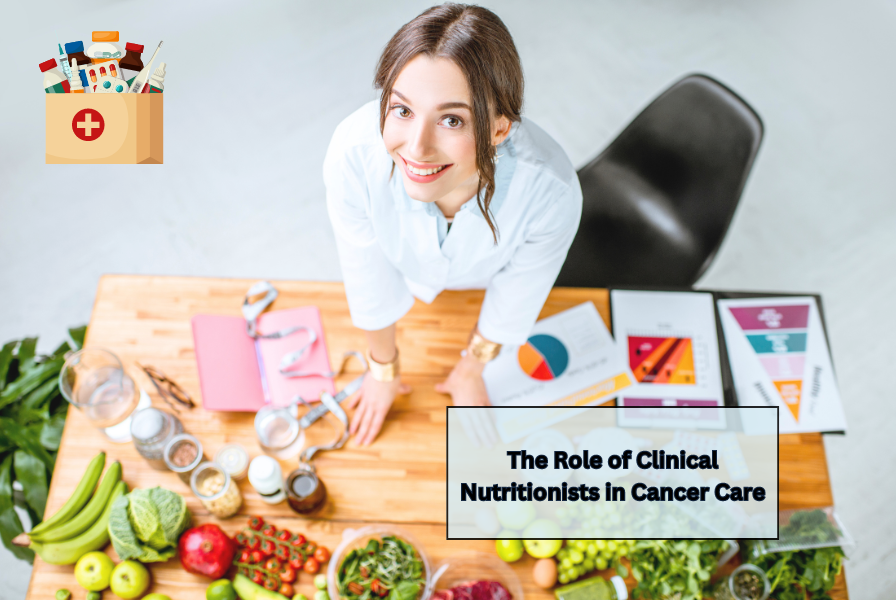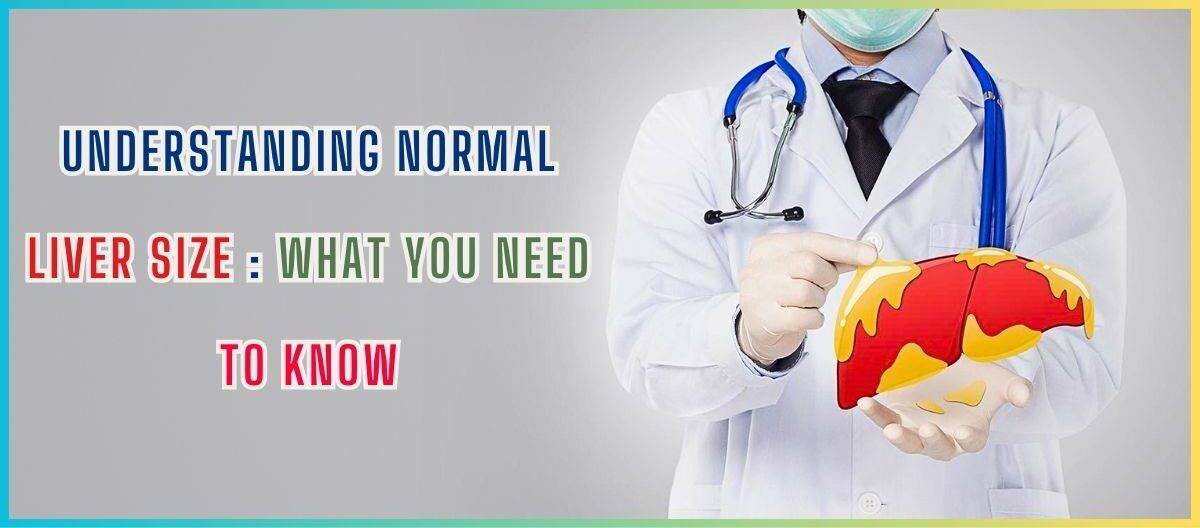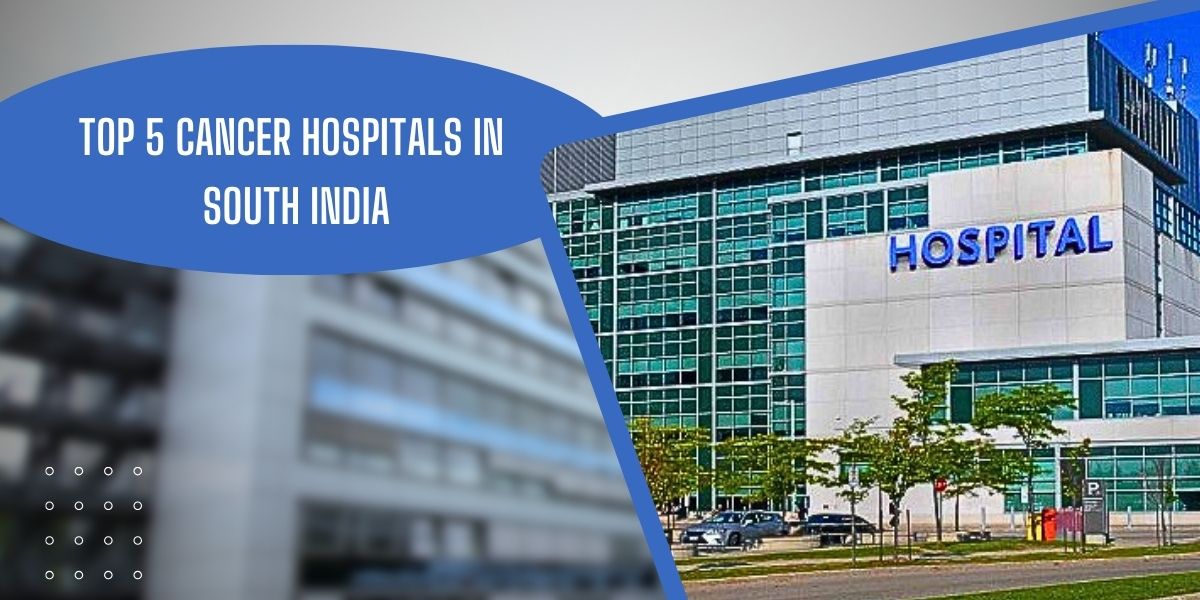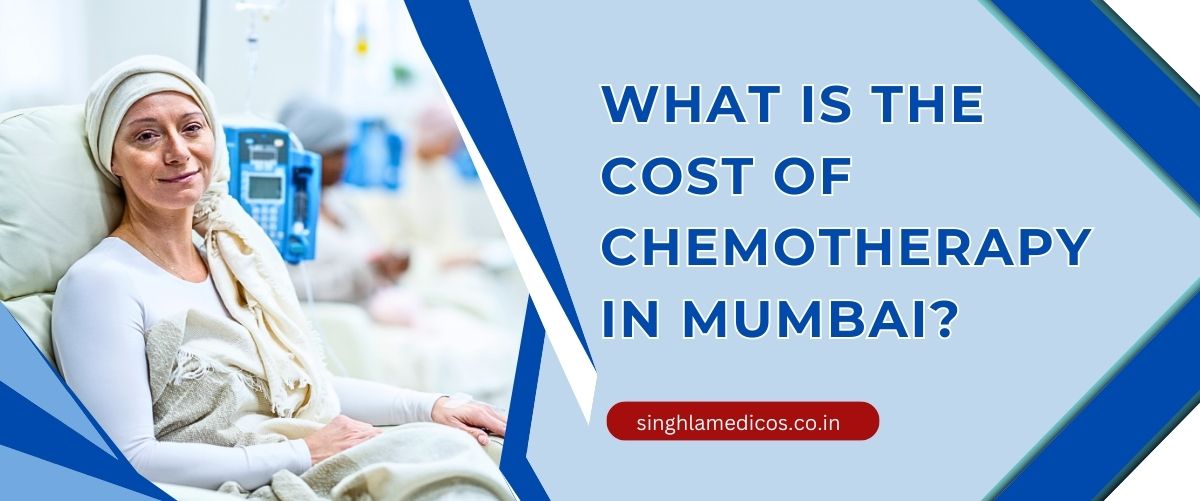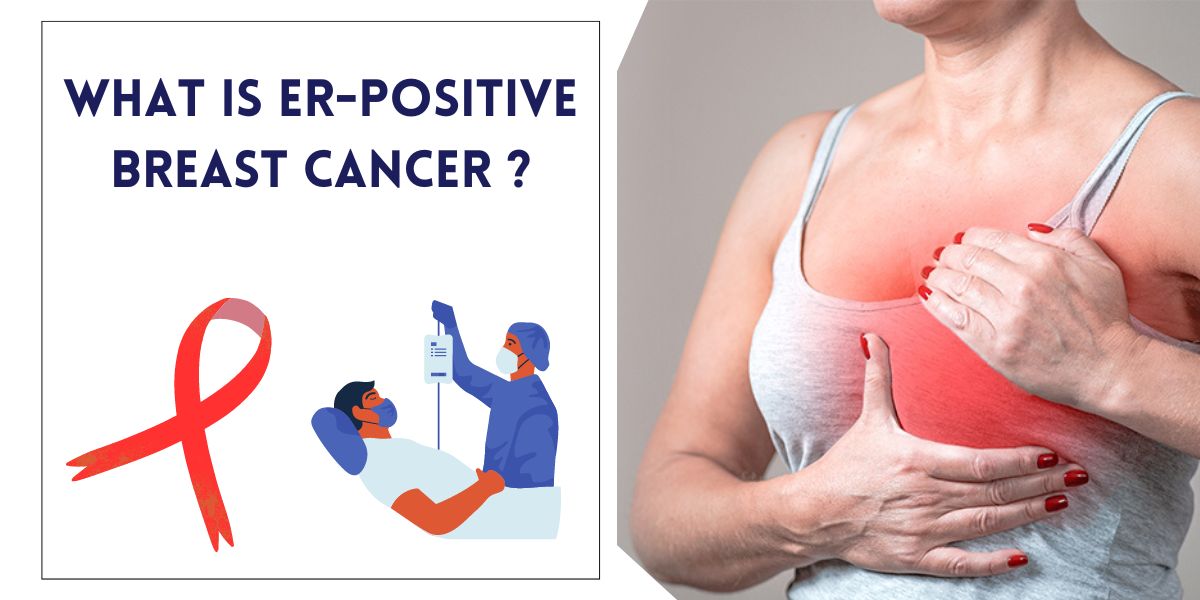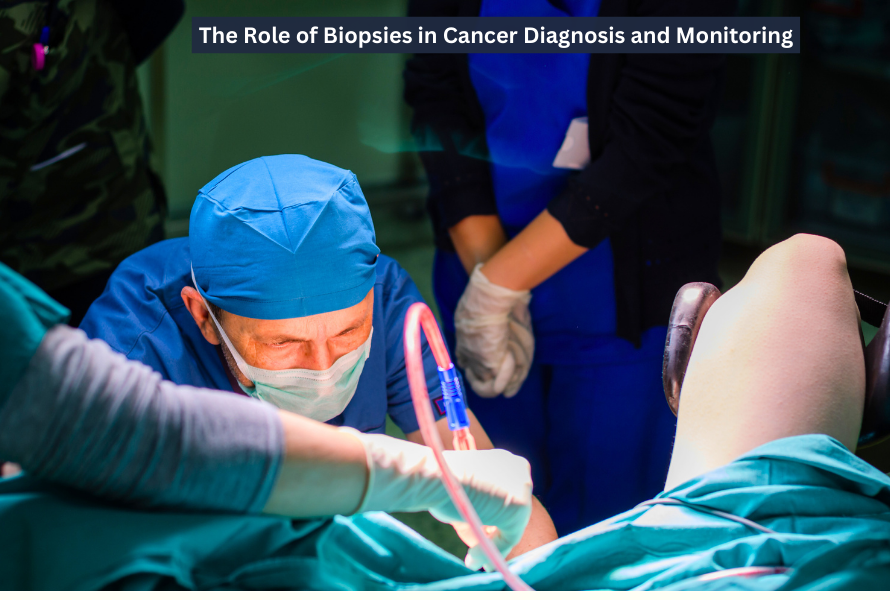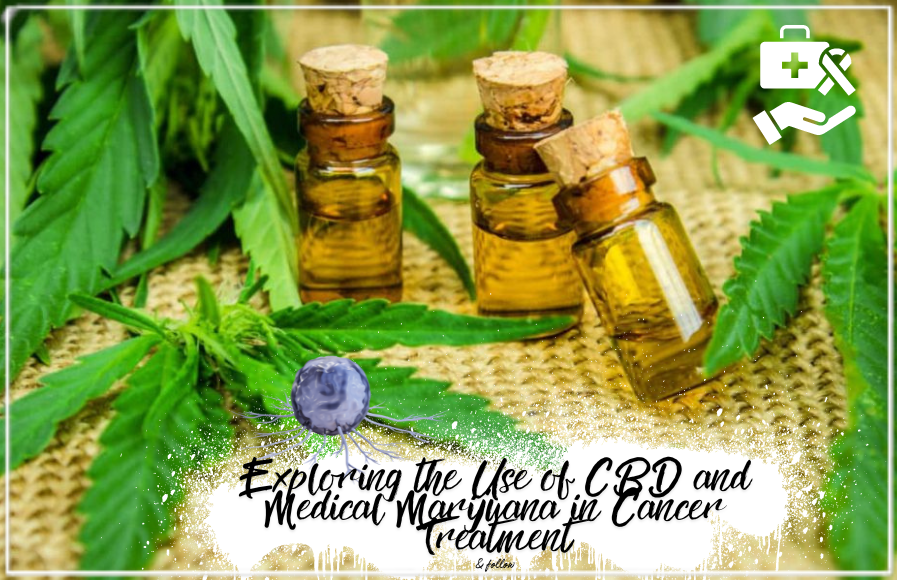BLOG
Understanding Biosimilars in Cancer Treatment
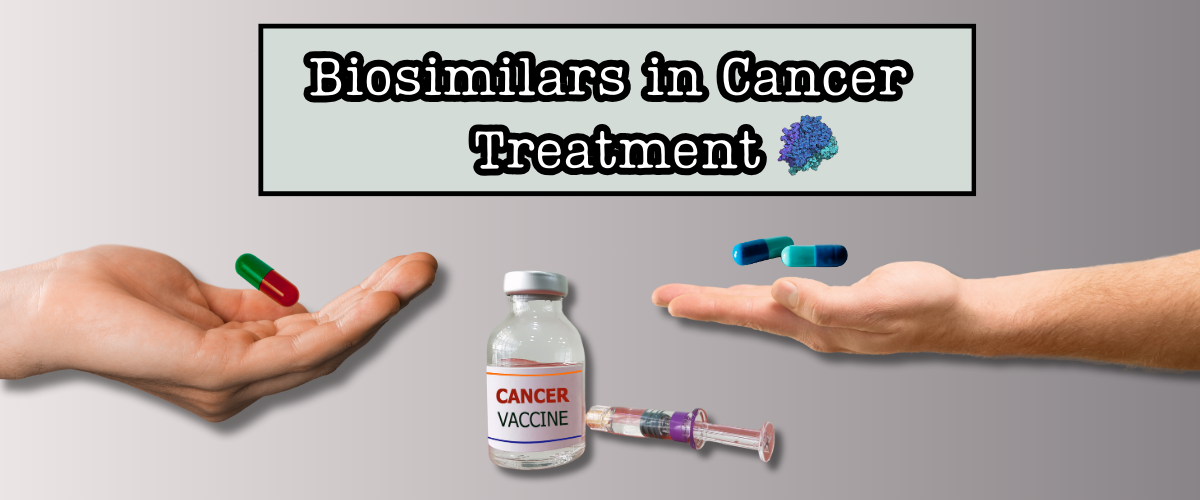
Cancer treatment has undergone significant advancements over the past few decades, bringing hope to many patients. One of the latest innovations in this field is the development and use of biosimilars. These biologically similar drugs promise to improve access to effective cancer treatments while reducing healthcare costs. But what exactly are biosimilars, and how do they fit into the landscape of cancer care? Let’s dive deeper to understand their role, benefits, and the questions surrounding their use.
What Are Biosimilars?
Biosimilars are medical products that are highly similar to an already approved original biological medicine, known as a reference product. Unlike generic drugs, which are identical copies of chemical medicines, biosimilars are not exact replicas due to the complex nature of biological products derived from living organisms. However, they match their reference products in terms of safety, purity, and potency.
The Role of Biosimilars in Cancer Treatment
Cancer treatment often involves biological therapies, which are drugs made from living organisms or contain components of living organisms. These therapies can be monoclonal antibodies, vaccines, or other recombinant proteins that specifically target cancer cells. The development of biosimilars aims to replicate the therapeutic effects of these expensive biological drugs, making them more accessible to a broader patient population.
Benefits of Biosimilars
1. Increased Access to Treatment
The high cost of biological drugs can limit patient access to essential treatments. Biosimilars, being more cost-effective alternatives, can provide broader access to cutting-edge cancer therapies.
2. Cost Savings
Biosimilars are typically priced 15-30% lower than their reference products. This reduction in cost can significantly lower the financial burden on healthcare systems and patients, potentially allowing more funds to be allocated to other areas of need.
3. Encouragement of Innovation
The introduction of biosimilars encourages healthy competition in the pharmaceutical industry. This competition can drive innovation, leading to the development of new and improved treatments for cancer.
Challenges and Concerns
Despite the benefits, the adoption of biosimilars in cancer treatment is not without challenges and concerns.
1. Regulatory and Approval Processes
Biosimilars undergo rigorous evaluation by regulatory authorities such as the FDA (Food and Drug Administration) and EMA (European Medicines Agency). These evaluations ensure that biosimilars meet stringent standards for safety and efficacy. However, the approval process is complex and time-consuming.
2. Physician and Patient Acceptance
There can be hesitancy among physicians and patients regarding the use of biosimilars due to concerns about their efficacy and safety. Educating both groups about the thorough regulatory processes and real-world evidence supporting biosimilars is crucial for their acceptance.
3. Interchangeability and Substitution
Interchangeability refers to the ability to switch a patient from a reference product to a biosimilar (or vice versa) without affecting the treatment's safety or efficacy. Not all biosimilars are designated as interchangeable, and this can lead to confusion and hesitation in clinical practice.
Success Stories and Real-World Impact
Several biosimilars have already made a significant impact in cancer treatment. For example, biosimilars for trastuzumab, a monoclonal antibody used to treat HER2-positive breast cancer, have been widely adopted in many countries. These biosimilars have shown comparable efficacy and safety profiles to the reference product, providing patients with effective treatment options at a lower cost.
The Future of Biosimilars in Cancer Care
As the adoption of biosimilars continues to grow, we can expect to see even more cost-effective and accessible treatment options for cancer patients. Ongoing research and development in this field will likely bring new biosimilars to market, further enhancing the arsenal of tools available to oncologists.
Frequently Asked Questions (FAQs)
1. What are biosimilars?
Biosimilars are drugs that are highly similar to an already approved biological medicine (reference product). They are designed to have the same safety, efficacy, and quality as the reference product but are typically more cost-effective.
2. How do biosimilars differ from generic drugs?
While both biosimilars and generic drugs are alternatives to original medications, biosimilars are not exact copies due to the complex nature of biological products. Generics are identical chemical copies of their original drugs.
3. Are biosimilars safe?
Yes, biosimilars undergo rigorous testing and regulatory approval to ensure they meet strict standards for safety, purity, and potency.
4. Can I switch from a reference product to a biosimilar?
Switching between a reference product and a biosimilar depends on the designation of interchangeability by regulatory authorities and the advice of your healthcare provider.
5. Will using biosimilars save money?
Yes, biosimilars are generally priced lower than their reference products, leading to significant cost savings for patients and healthcare systems..
-
 Asviia Injection
Asviia Injection
₹22,401.00Original price was: ₹22,401.00.₹16,100.00Current price is: ₹16,100.00. -
 Bdpazo 400mg Tablet
Bdpazo 400mg Tablet
₹3,510.00Original price was: ₹3,510.00.₹2,850.00Current price is: ₹2,850.00. -
 Bevacirel 400mg Injection
Bevacirel 400mg Injection
₹56,889.56Original price was: ₹56,889.56.₹12,500.00Current price is: ₹12,500.00.
Pancreatic Cancer: Causes, Symptoms & Treatment
-
Posted by
admin
- 0 comments
Top 5 Cancer Hospitals in Haryana | Singhla Medicos
-
Posted by
admin
- 0 comments
The Role of Clinical Nutritionists in Cancer Care
-
Posted by
admin
- 0 comments
Understanding Normal Liver Size: What You Need to Know
-
Posted by
admin
- 0 comments
Top 5 Cancer Hospitals in South India: Comprehensive Care and Cutting-Edge Treatment
-
Posted by
admin
- 0 comments
Top 5 Cancer Hospitals in India
-
Posted by
admin
- 0 comments
What is the cost of Chemotherapy in Mumbai?
-
Posted by
admin
- 0 comments
What is ER-positive Breast Cancer ?
-
Posted by
admin
- 0 comments
5 Things To Know About Colorectal Cancer Screening
-
Posted by
admin
- 0 comments
The Role of Biopsies in Cancer Diagnosis and Monitoring
-
Posted by
admin
- 0 comments
The Role of Patient Advocacy in Cancer Care
-
Posted by
admin
- 0 comments
Exploring the Use of CBD and Medical Marijuana in Cancer Treatment
-
Posted by
admin
- 0 comments


